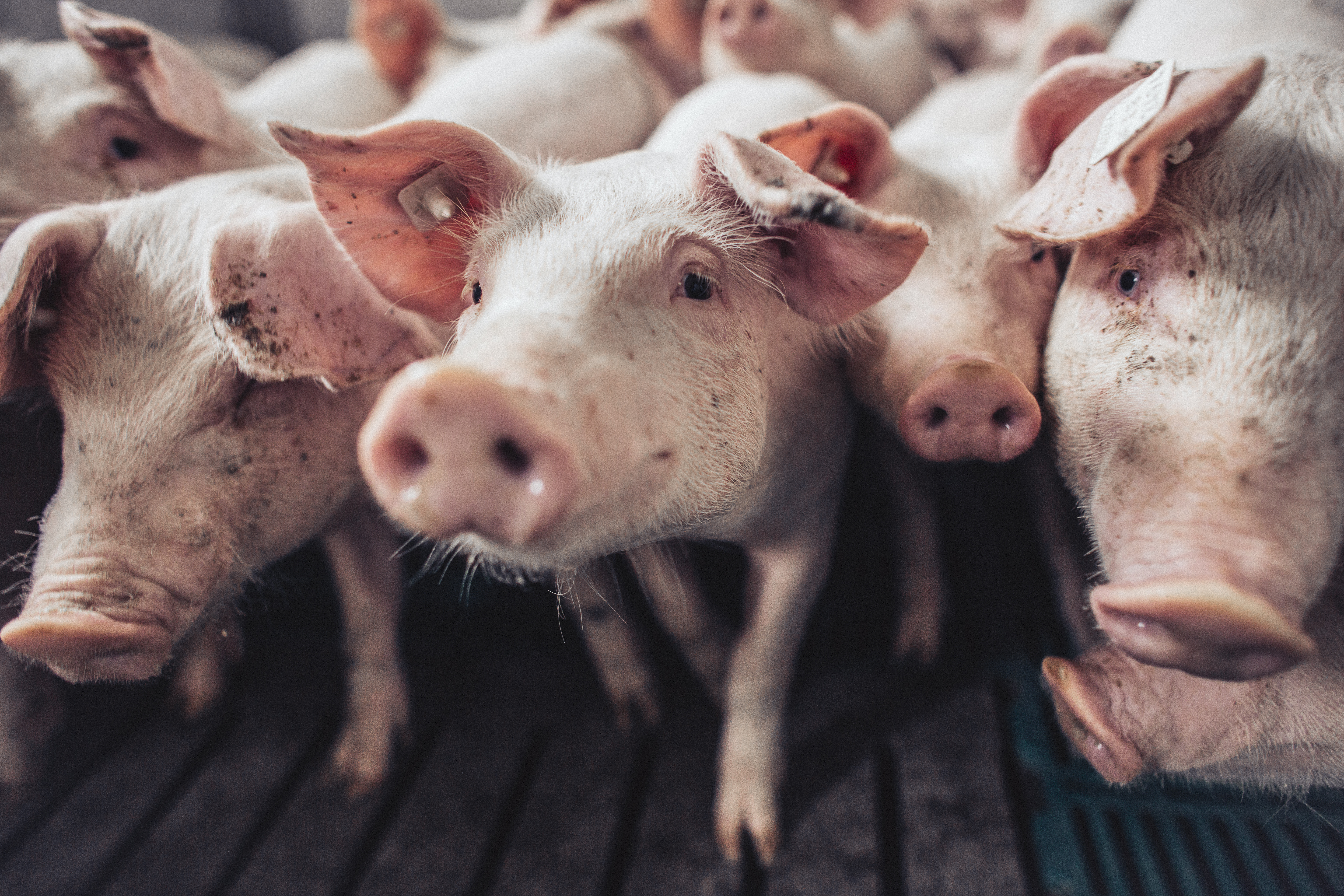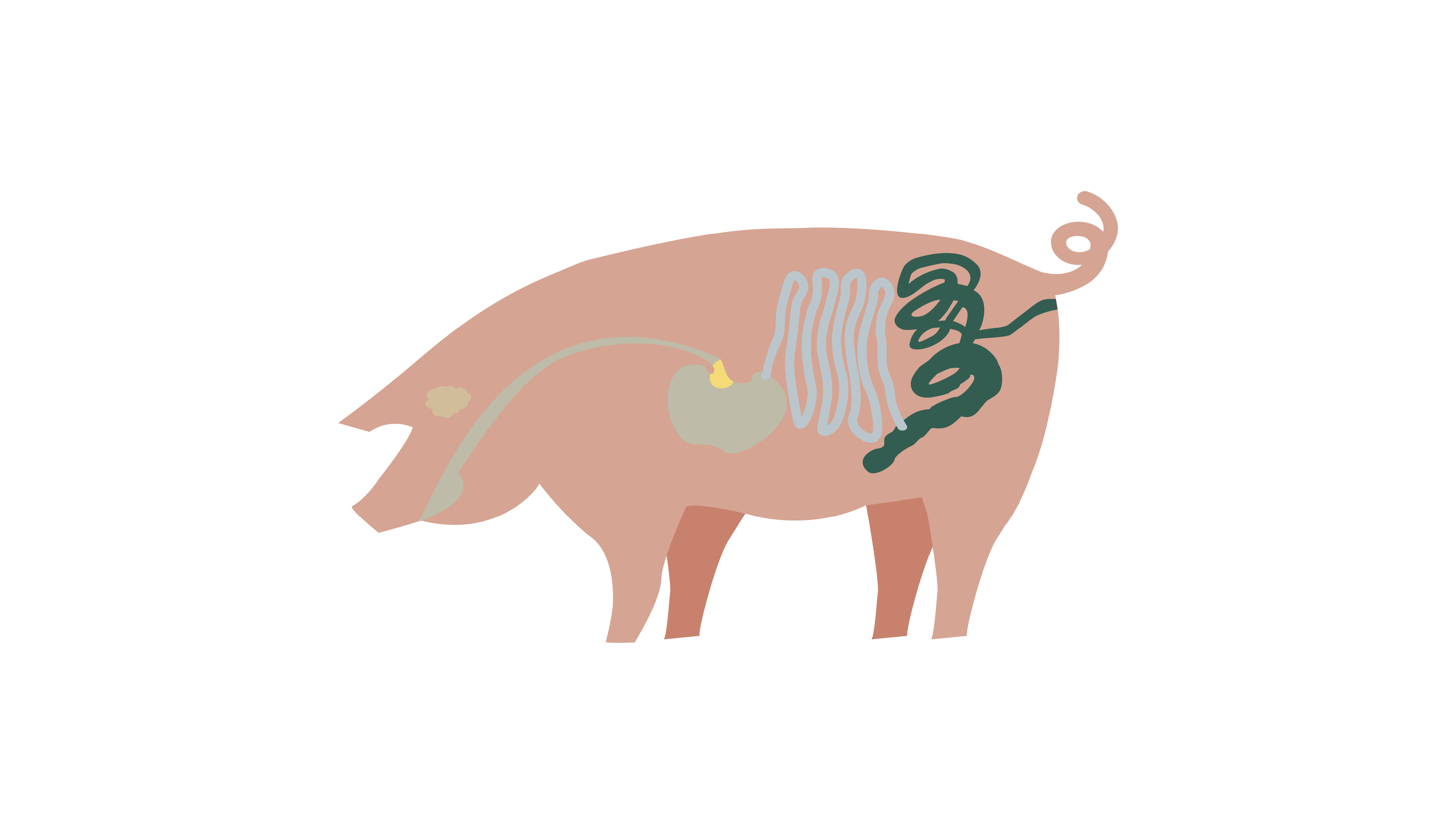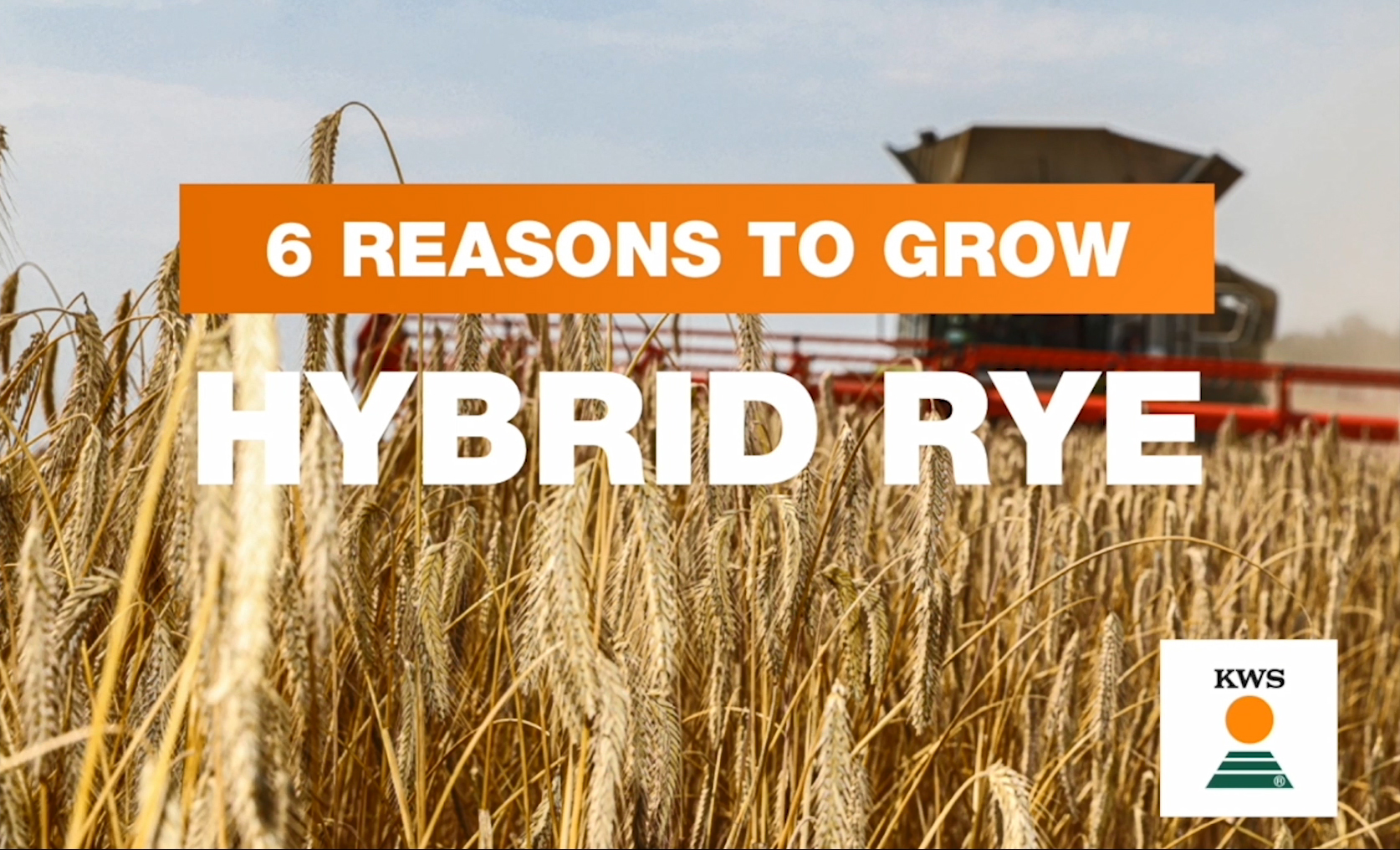Reasons to feed hybrid rye
There are many reasons why you should consider hybrid rye as part of your finisher or sow ration if your pig unit meets one or more of our 5 criteria, or you’ve considered;
- Reducing aggression & tail biting
- Increasing gut health & reduce ulceration
- Boosting colostrum supply for piglets
- Currently feed synthetic butyrate
- Optimising your feed costs
5 reasons why you should consider feeding hybrid rye in 2020
Rye can be fed as meal, liquid or pellet based feed
It is high in dietary fibre which promotes satiety, gut health and calm behaviour
Rye can boost energy supply at farrowing
Arabinoxylan levels in rye far exceed wheat, this is converted to butyrate in the animals hind gut
Rye is 2 – 3 % lower in crude protein than wheat
This leads to less nitrogen in the slurry > good for animals and the environment
High straw yields
Straw provision acts as a novel stimuli & helps reduce aggression
Fit for the future
Under the UK’s new agricultural bill rye delivers nitrogen and agrochemical savings without compromising yields
Current market options for grain rye;
Pigs
Finishers and sows
Distilling
Whisky and malt
Food
Ingredients
Sow ration - Rye benefits gestation, farrowing & lactation:
- Gestation: Rye boosts satiety – reduces stress, fighting over feed & lowers obesity risk
- Shorter Farrowing Duration: Arabinoxylan in rye is converted to butyrate in the hind gut. Butyrate helps raise energy supply at a time of reduced feed intake
- Lactation: Butyrate from the hind gut fermentation of rye helps increase colostum quality & IgG and IgA (maternal antibody) levels
Finisher ration - Rye can boost gut health:
- Reduce feed costs: Rye is a low input, high yielding cereal – diet inclusions (of upto 70%) give maximum return on feed costs
- Behaviour: Rye raises satiety levels and leads to less tail biting & fighting over feed
- (SCFA)s*: from rye boost gut microflora, reducing salmonella gut wall attachment
- Less gut ulceration: Rye demands more active chewing & saliva uptake – this reduces feed acidity upon stomach entry
*Short Chain Fatty Acids






